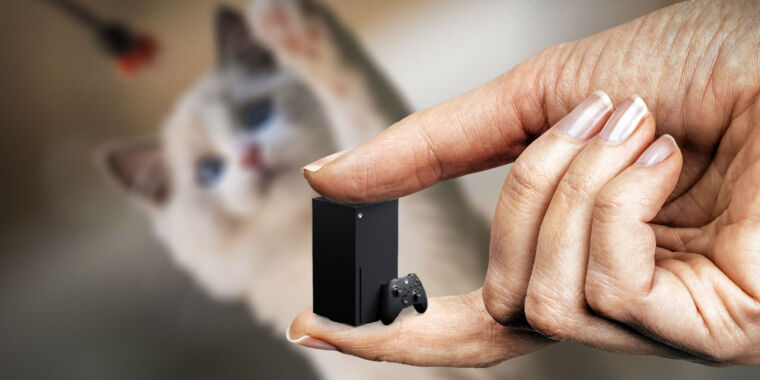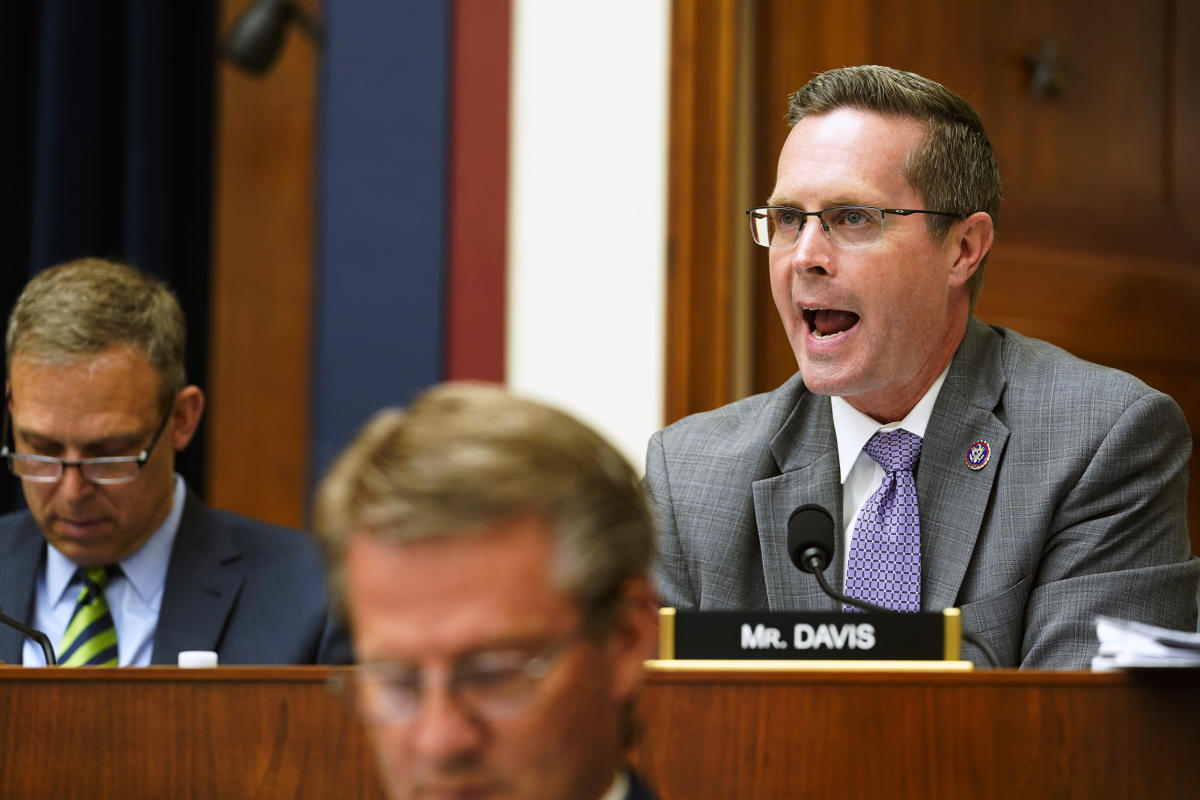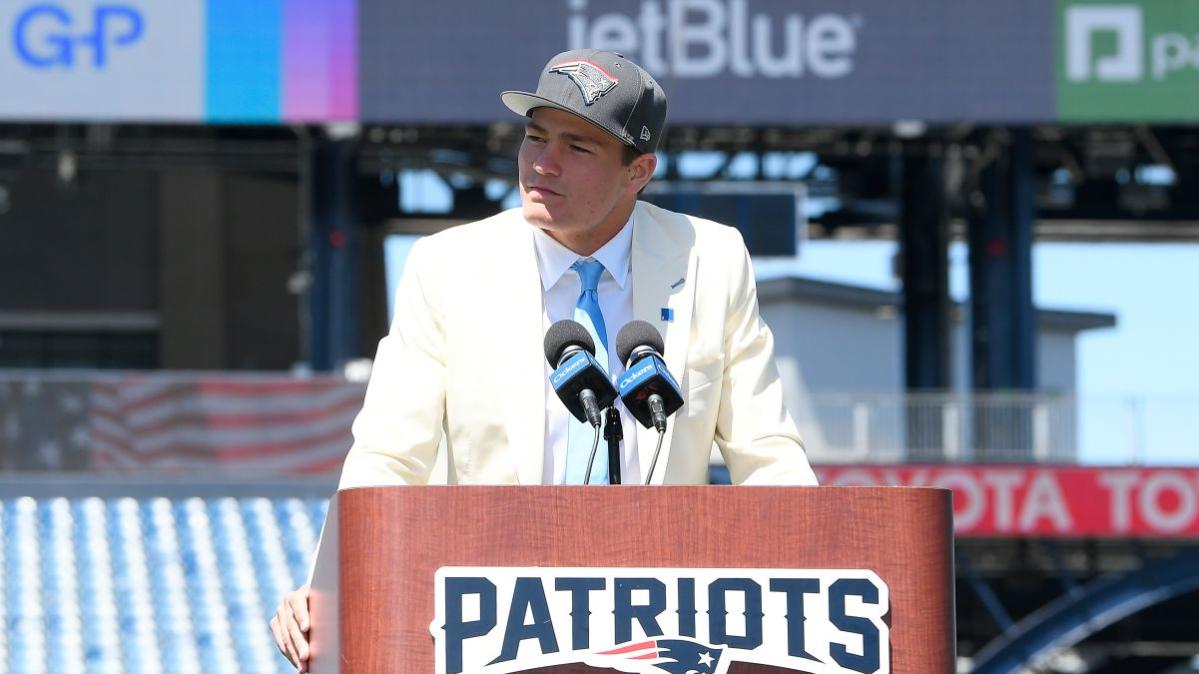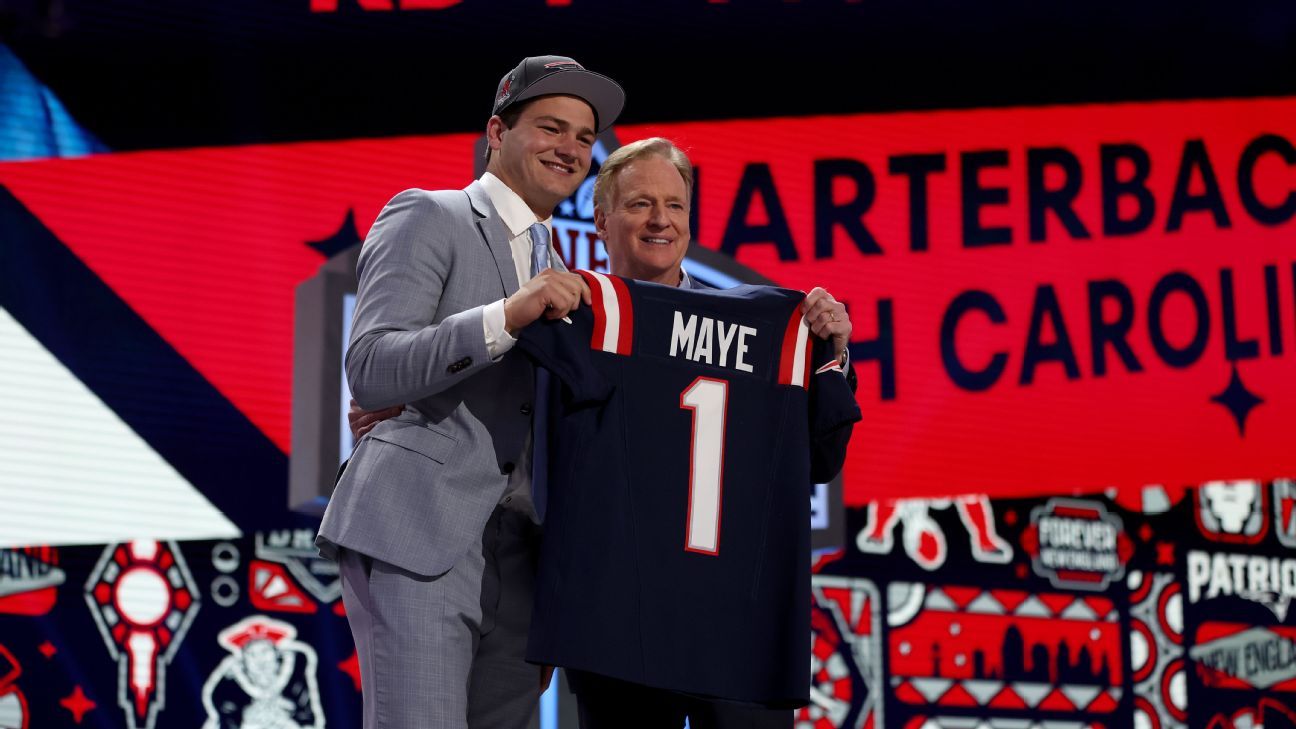
Business
Nvidia Shares Go on a $290 Billion Tear as Clients Splurge on AI
‘Many houses are flattened’ in Elkhorn as large tornado sweeps through
U.S.
LINCOLN, Neb. (KOLN) – A tornado hit northwest Omaha including Elkhorn Friday afternoon and left a trail of destruction. Omaha Fire Chief …
Putting Microsoft’s cratering Xbox console sales in context
Technology
Enlarge / Scale is important, especially when talking about relative console sales. Aurich Lawson | Getty Images Yesterday, Microsoft announced that it …
The 30 best Walmart deals to shop this week — save up to 80% on Mother’s Day gifts, gardening supplies and more
LifeStyle
Have you gotten around to honoring Earth Week 2024? FYI: It winds down on Sunday. Ah, but maybe you’re more focused on …
Japanese town blocking view of Mount Fuji after being overrun by selfie-taking tourists
World
World News By Patrick Reilly Published April 26, 2024, 6:06 p.m. ET Sayonara, selfies! A Japanese town with breathtaking views of Mount …
Hawaii’ Canceled by CBS After 3 Seasons
Entertainment
LL Cool J and Vanessa Lachey in ‘NCIS: Hawai’i’ Karen Neal/CBS CBS is shutting down one of its NCIS field offices. The …
FEC fines ex-Congressman Rodney Davis $43,475 for campaign finance violations
Politics
SPRINGFIELD, Ill. (AP) — The Federal Election Commission has fined the campaign fund of a former Illinois congressman $43,475 for failing to …
Report: Patriots turned down these Giants, Vikings trade offers for No. 3
Sports
Report: Patriots turned down these Giants, Vikings trade offers for No. 3 originally appeared on NBC Sports Boston The New England Patriots …
















